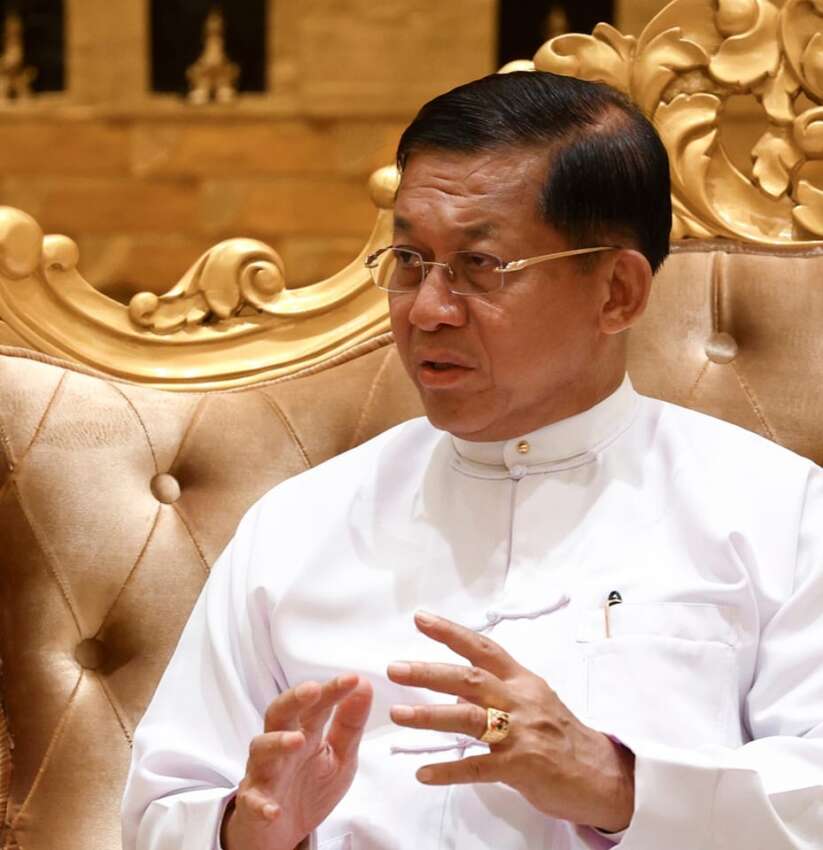
On May 1st, during the International Labor Day ceremony, military council leader Min Aung Hlaing announced plans to focus on domestic employment opportunities, citing labor shortages caused by workers seeking employment abroad. He stated that due to the increasing number of Myanmar citizens working overseas, the country is experiencing a shortage of workers domestically, and therefore measures will be taken to create more job opportunities within the country.
The military council claims to be organizing job fairs in various states and regions, implementing a one-stop service system for employment in collaboration with employers. They have also developed a Labor Exchange Management System and launched a website to provide employment-related services. Additionally, Min Aung Hlaing mentioned that arrangements are being made to facilitate legal channels for overseas Myanmar migrant workers to send remittances to their families.
Currently, the military council has imposed strict restrictions on overseas employment, including a complete ban on foreign employment for men aged 18 to 35 years. The process of issuing Overseas Worker Identification Cards (OWIC) has become more stringent, requiring explicit permission from the Ministry of Labor for any overseas employment. Employment agencies report that the military council has implemented quotas limiting the number of Myanmar workers allowed to work in different countries each month.
As a result of these restrictions, many overseas employment agencies have been forced to suspend their operations, finding it increasingly difficult to send workers abroad. Business owners from these agencies have expressed concern that these limitations are causing Myanmar citizens to lose valuable employment opportunities. Analysts point out that such restrictions not only affect people’s livelihoods and economic well-being but also result in reduced foreign currency earnings for the country. The military council’s restrictive measures have created significant challenges for both employment agencies and potential migrant workers, effectively cutting off an important economic lifeline for many Myanmar families who depend on overseas employment opportunities.



